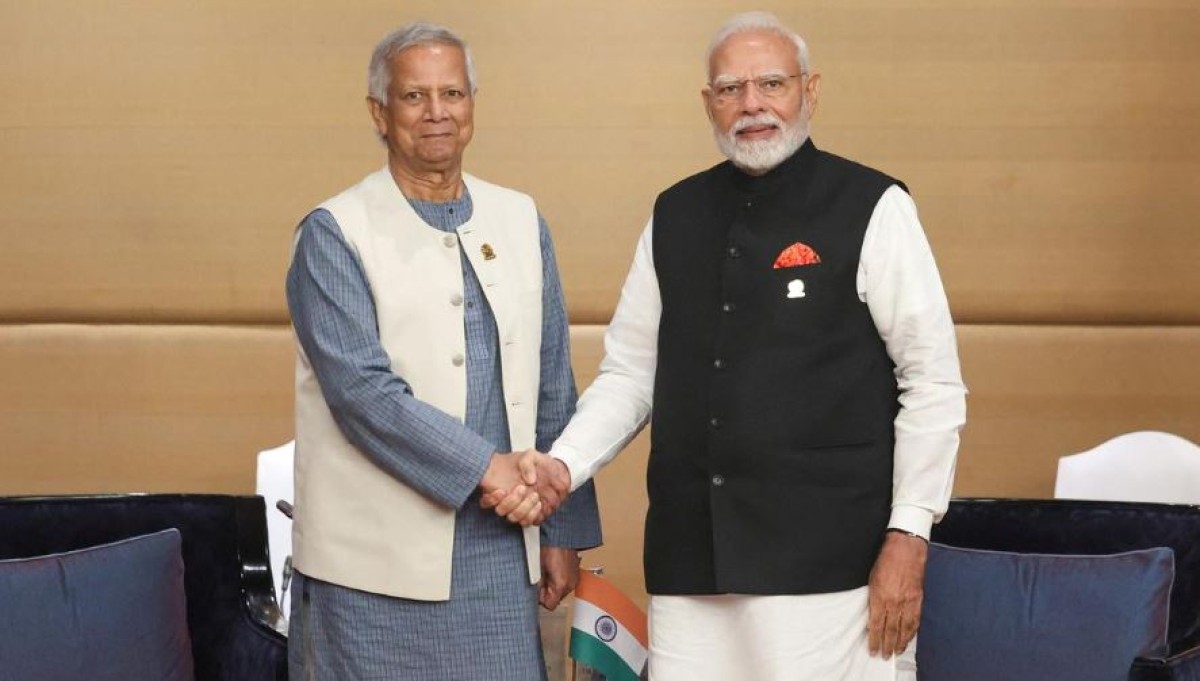India Ends Transshipment Facility for Bangladeshi Export Cargo After Dhaka’s China Outreach
In a significant policy shift, India has officially discontinued the transshipment facility that allowed Bangladesh to export goods to third countries through Indian land, sea, and air routes. The decision, issued by the Central Board of Indirect Taxes and Customs (CBIC) on April 8, follows recent remarks made by a senior Bangladeshi official during a high-profile visit to China.
The facility, introduced in 2020, enabled Bangladeshi export cargo to pass through Indian Land Customs Stations (LCSs) en route to ports and airports, facilitating smoother access to markets in Bhutan, Nepal, and Myanmar. The CBIC’s latest notification cancels this provision, with immediate effect. However, cargo already in transit under the previous arrangement will be allowed to continue as per existing rules.
This development comes after Bangladesh’s interim Chief Adviser, Muhammad Yunus, during his visit to China from March 26–29, described his country as the “only guardian of the ocean” for India’s Northeast. His statement was viewed in India as an attempt to emphasize Dhaka’s geographical leverage over the landlocked Northeastern states and position Bangladesh as a conduit for Chinese trade expansion into the region.
Yunus further suggested that the Northeast could become an extension of China’s economic network, proposing infrastructure and trade integration involving Chinese production and global exports through Bangladeshi access points. These comments raised concerns in New Delhi about growing Chinese influence in a region considered sensitive from a strategic and security standpoint.
Analysts at the Global Trade Research Initiative (GTRI) noted that India’s move could significantly disrupt Bangladesh’s trade with neighboring countries, especially Bhutan and Nepal, both of which are landlocked and rely heavily on transit routes through India. The now-cancelled system had helped reduce logistical costs and transit time for exporters.The policy change is expected to increase delays, create uncertainty for exporters, and may trigger diplomatic responses from affected countries due to its potential impact on regional trade dynamics.
















Leave a comment